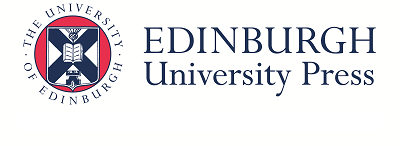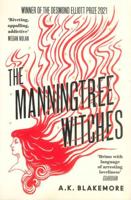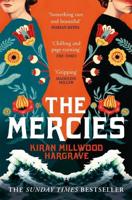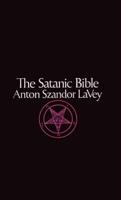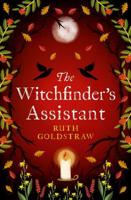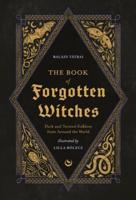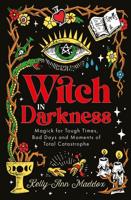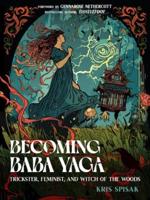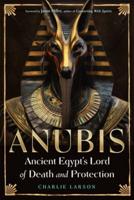Publisher's Synopsis
This distinctive reappraisal of humanism argues that humanist thought is a diverse tradition which cannot be reduced to current conceptions of it. By considering humanism via the categories of Romantic, Existential, Dialogic, Civic, Spiritual, Pagan, Pragmatic and Technological Humanisms, Halliwell and Mousley propose that the critical edge of humanist thought can be rescued from its popular view as intellectually redundant. They also argue that because these humanisms contain within them anti-humanist perspectives, it is possible to counter the charge that humanism is based upon an unquestioned image of human nature. The book focuses on the thought of twenty-four mainly European and North American thinkers, ranging historically from the Renaissance to postmodernism. It discusses foundational writers (some of whom have been claimed as anti-humanists) such as Marx, Nietzsche, Freud, Dewey and Sartre as well as the contemporary thinkers Habermas, Cixous, Rorty, Hall and Haraway, to construct a series of provocative dialogues which suggest the ongoing relevance of humanism to issues of ethics, art, science, selfhood, gender, citizenship and religion. Given the range and originality of the book's approach, Critical Humanisms will be an invaluable resource for students and researchers in the Humanities, particularly English, American studies, cultural studies, modern languages, philosophy and sociology.

